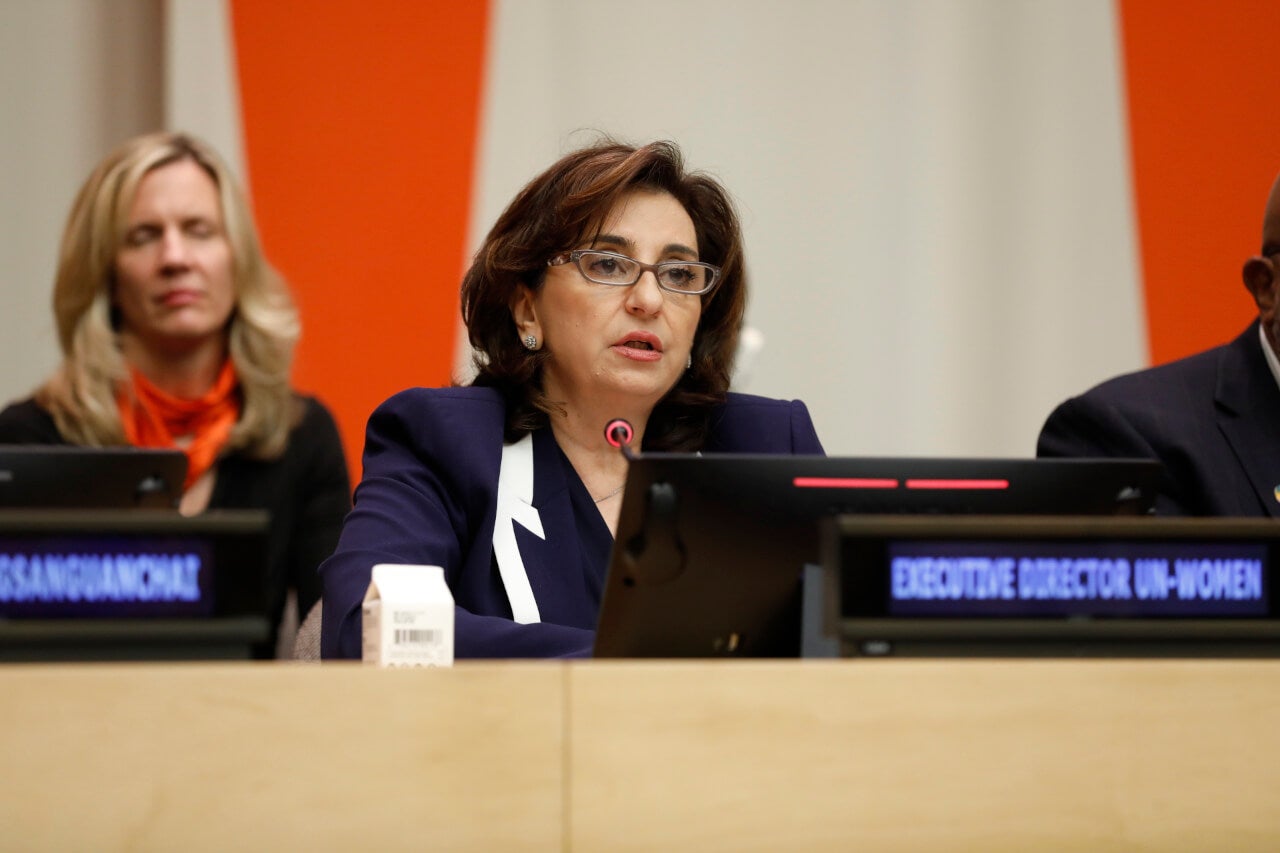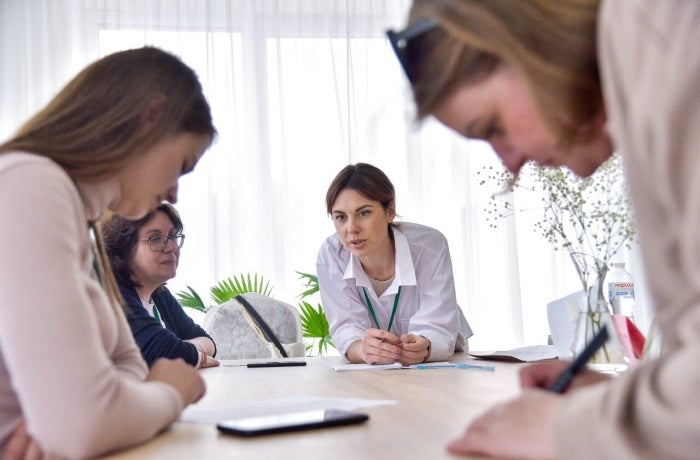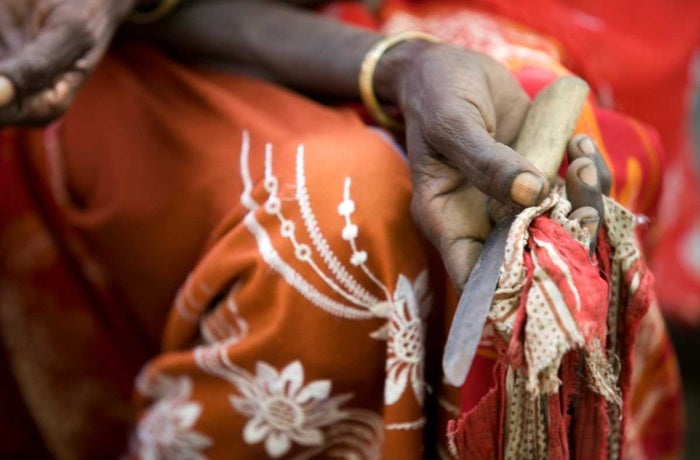Speech: Time to get serious about ending violence, allocating serious resources
Opening remarks by UN Under-Secretary-General and UN Women Executive Director Sima Bahous at the official UN commemoration of the International Day for the Elimination of Violence against Women, UN headquarters, 22 November 2023.
[As delivered.]
Thank you for joining us as we commemorate the International Day for the Elimination of Violence against Women. We do so at a time when we are perhaps more acutely aware of violence against women and girls around the world than ever before.
I just came from the Security Council, where I briefed Council Members on the dire situation of women in Gaza, who continue to live every day in the fear of death. I spoke of the many hostages who are being held, many of whom are women in uncertain conditions. I welcomed the news that 50 hostages, all women and children, will be released, in return for the release of 150 Palestinian women and children and a much-needed humanitarian pause. And I thank the governments of Qatar, Egypt, and the United States for facilitating this agreement. I also called for accountability for all crimes committed under international law, for the unconditional release of all the hostages, and for an immediate humanitarian ceasefire, for the sake of humanity.

The realities of the ubiquitous violence that women and girls endure in conflict extends to the home also. Today’s report by UNODC [UN Office on Drugs and Crime] and UN Women shows that more than five women or girls are killed every hour by someone in their family.
And we are going backwards. Economic crises, conflicts, and climate change all serve to add fuel to this fire.
This is a crime against women and girls and the human family as a whole. It is also costly, with some countries estimating the economic impact at some 3.7 per cent of GDP as a result of gender-based violence. Yet, investment is pitiful, a mere 0.2 per cent of overall aid in 2022.
Our collective folly in failing to invest is all the more frustrating because we know what to do: reform and implement laws and multisectoral policies; ensure survivors have access to the services they need; scale up evidence-based prevention interventions and hold perpetrators to account. But these will not happen by themselves. We must do what we always do when we recognize the gravity of an issue: allocate serious resources.
So, it is indeed time to get serious. To unlock financing across different sectors, to track budget allocations, to do more gender-responsive budgeting, and to resource the crucial efforts of women’s rights organizations who are at the front line of response and are crucial partners for policy change.
For example, in 2023, Generation Equality’s Commitment Makers reported USD 5.1 billion in financial pledges, 389 policies, and more than 600 programmes being implemented to address gender-based violence.
The Spotlight Initiative has invested substantially in prevention, reaching 260 million people through campaigns, including educating two million men and boys on positive masculinity. The Initiative saw 477 laws or policies adopted, and close to 2.5 million women and girls have accessed services.
Since 2018, almost 80 per cent of the UN Trust Fund to End Violence Against Women’s grant portfolio has included prevention, representing an investment of USD 79 million in 164 civil society initiatives across the globe. And UN Women mobilized USD 167 million last year for programmes to end violence against women, including supporting 16 countries to advance policies and 44 programmes targeting social norms change.
I will say again, this must stop. It is time to acknowledge what works and to resource it. It is time we recognize that violence against women and girls, in all its forms, is a stain on our humanity. It is a hindrance to peace, a hindrance security, and a hindrance to sustainable development. It is time we fight all violence and its root causes.
It is in our hands to make the choice to do so, today.
I thank you.









